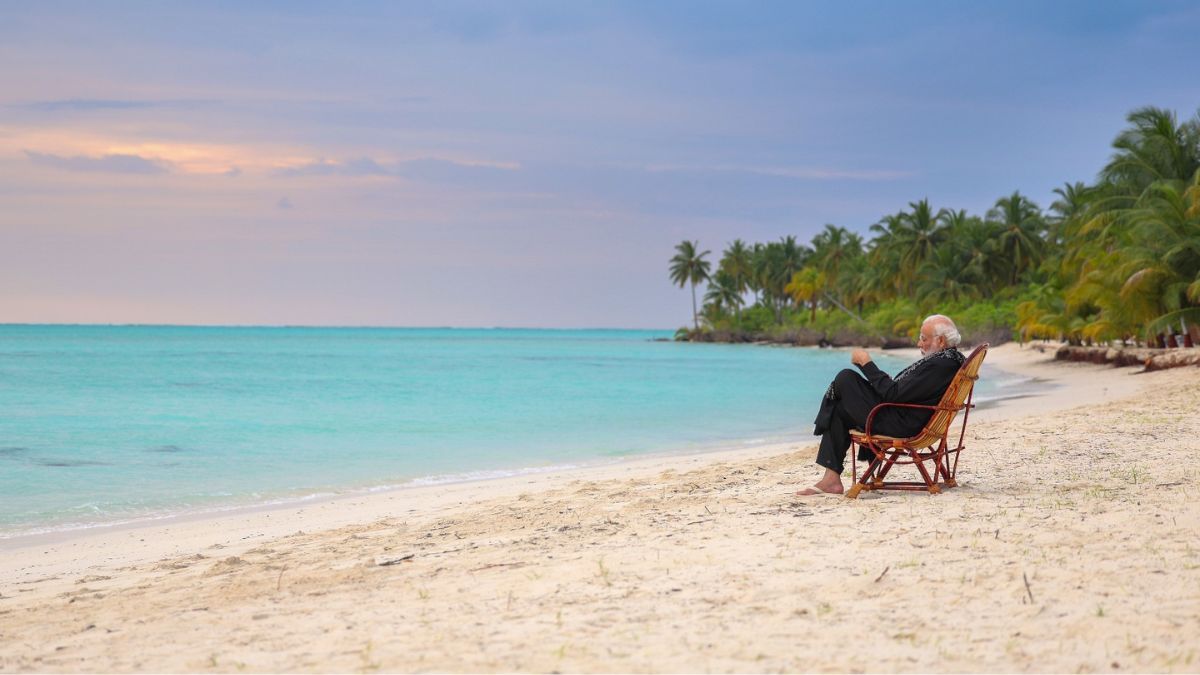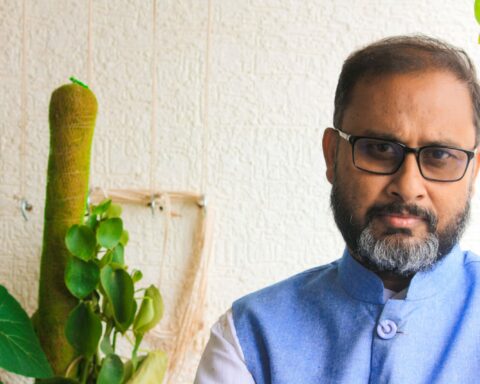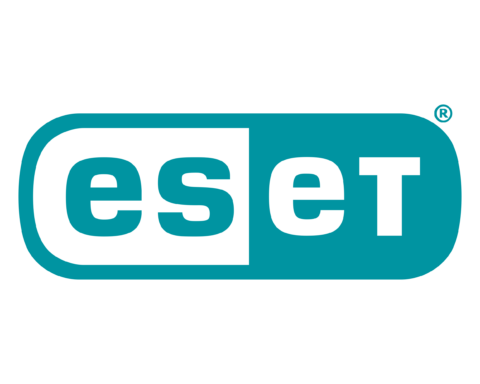The derogatory comments made by Maldivian ministers about India and Prime Minister Narendra Modi have triggered a strong response, leading to a surge in the #BoycottMaldives hashtag and reported cancellations of trips to the Maldives by Indian tourists. In solidarity with India, EaseMyTrip, an online travel firm, has taken a stand by suspending all bookings to the Maldives. The controversy stems from remarks made following Modi’s recent visit to Lakshadweep.
EaseMyTrip’s CEO, Nishant Pitti, expressed support for India in a post on social media platform X, stating, “In solidarity with our nation, @EaseMyTrip has suspended all Maldives flight bookings.” Founded in 2008 by Nishant Pitti, Rikant Pitti, and Prashant Pitti, EaseMyTrip has shifted its focus by initiating a campaign that promotes tourism to Lakshadweep as an alternative.

In response to the offensive comments, the Maldivian government has taken action by suspending the three ministers involved. This controversy has not only fueled the #BoycottMaldives movement but has also led to widespread cancellations of Maldives trips by Indian travelers. Celebrities in India have joined the conversation, encouraging people to explore domestic destinations instead of the Maldives. The Maldivian foreign ministry has clarified that the comments made by the ministers do not reflect the official views of the government.
This incident highlights the impact of political statements on the tourism industry, emphasizing the need for responsible and diplomatic communication. EaseMyTrip’s decision to suspend Maldives bookings serves as an example of a private entity taking a stance in alignment with the sentiments of its customer base and the broader public. The situation may also prompt a reassessment of travel plans by Indian tourists, with Lakshadweep emerging as a potential substitute destination.
The controversy sheds light on the interconnectedness of geopolitics and the travel sector. Social media has played a pivotal role in amplifying public reactions, shaping the narrative, and influencing travel decisions. As the #BoycottMaldives movement gains traction, it underscores the potential economic repercussions for destinations that become embroiled in political tensions.
The response from the Maldivian government, including the suspension of the ministers responsible for the offensive comments, indicates a recognition of the seriousness of the situation. The government’s assertion that the comments do not represent its official stance may be an attempt to mitigate the fallout and salvage diplomatic ties with India.
In the broader context of diplomatic relations between countries, such incidents highlight the delicate balance that needs to be maintained, especially in an era where public sentiment can quickly escalate through online platforms. Governments and public figures are increasingly scrutinized for their statements, and the repercussions extend beyond political ramifications to impact various sectors, including tourism.
As the situation evolves, the travel industry will be closely watching how EaseMyTrip’s decision and the subsequent developments influence the travel preferences of Indian tourists and the overall perception of the Maldives as a tourist destination. Additionally, this incident serves as a reminder to stakeholders in the travel and hospitality sectors about the potential risks associated with geopolitical tensions and the importance of responsible communication.








